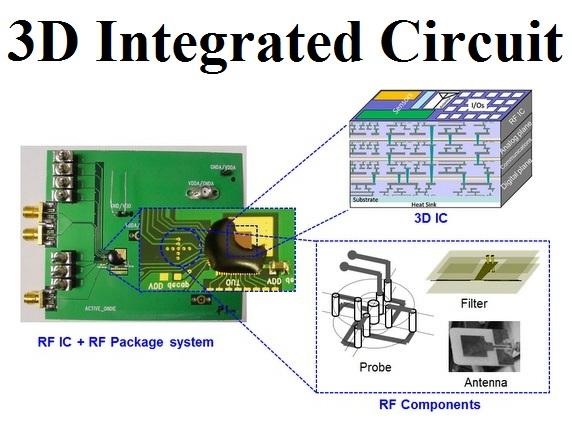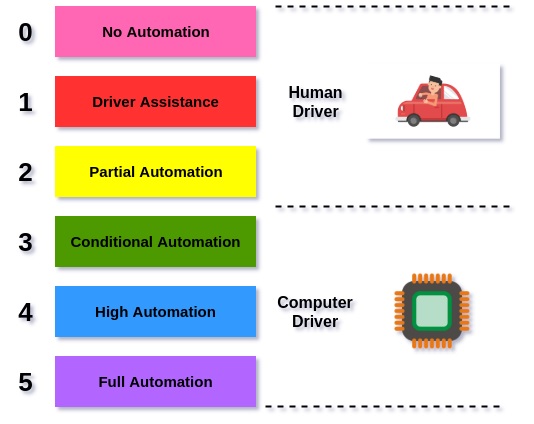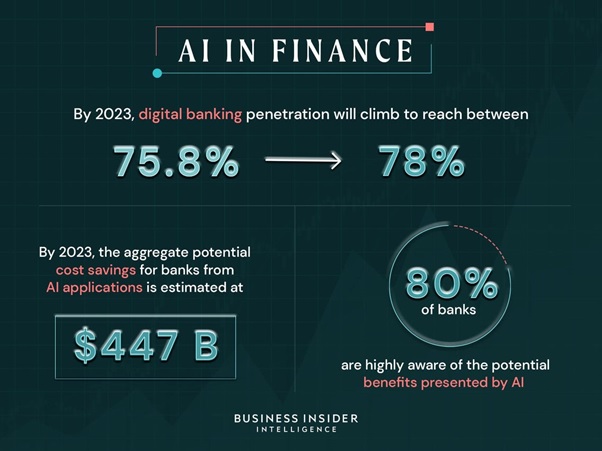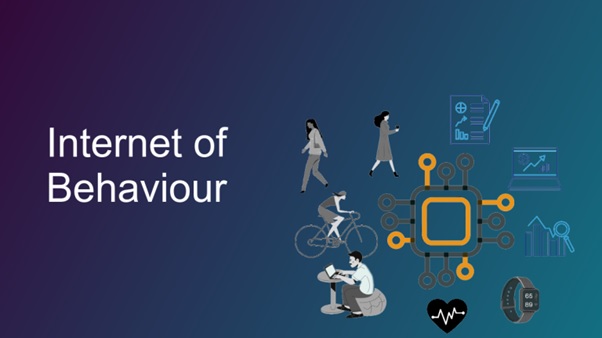AI Engineering
An artificial intelligence engineer is an individual who works with traditional machine learning techniques like natural language processing and neural networks to build models that power AI–based applications.[1]
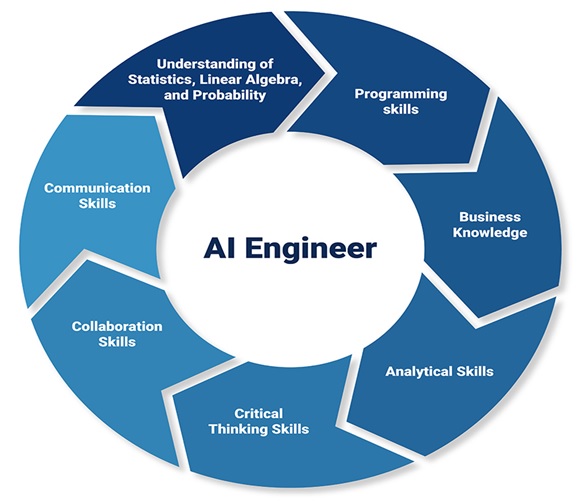
Figure 1. The top technical and soft skills of an artificial intelligence engineer
Figure 1 shows artificial intelligence is a broader concept which deals with embedding human intelligence into machines. It enables them to think, process, learn and correct themselves without any human intervention.
To make an aspiring career out of AI & ML, one needs to have in-depth knowledge of data science & statistics; and certain basic knowledge of data processing & software engineering. It is not just the technical know-how but also some of the soft skills that can make a difference.[2]
Artificial Engineer:
An artificial intelligence engineer is someone whose job is to identify the right approach to using AI to solve a specific business problem. In the enterprise, AI engineers typically work closely with machine learning engineers to develop and deploy learning algorithms that can use historical and real-time data to predict future events. In smaller companies, the same person (AI/ML engineer) may be responsible for both AI strategy and implementation.
AI engineers need a strong background in math and statistics. Ideally, they are also familiar with Python and R, as well as their most commonly-used libraries and packages. Basic responsibilities for an AI engineer include the following:
- Establish business objectives for implementing AI.
- Brainstorm with other IT team members to explore how machine learning concepts can be used solve specific business problems.
- Develop proof of concepts (POCs).
- Identify obstacles that could potentially put an AI-driven project at risk and research workarounds.
- Create metrics to measure an AI project’s return on investment (ROI).
- Promote best practices for data wrangling, data processing and project documentation.[3]
AI Engineers Important:
AI engineers tackle the unique design challenges that result from combining the logic found in traditional applications with the learned logic from machine learning models.
These considerations include:
- Working with a variety of different infrastructure types, including chips (GPUs, FPGAs, etc.), on-premises systems, and the cloud.
- Understanding how the process of machine learning (feature engineering, model building, and model validation, to name a few) adapts to support continuous development pipelines.
- Deciding when a model is ready for deployment and monitoring its accuracy over time to see when it needs to be retrained or replaced.[4]
References:
- https://algorithmia.com/blog/what-is-artificial-intelligence-engineering
- http://bweducation.businessworld.in/article/Technical-Non-Technical-Skills-Required-For-Careers-In-AI/04-08-2021-399288/
- https://www.techopedia.com/definition/33515/artificial-intelligence-engineer
- https://www.datarobot.com/wiki/ai-engineer/
Cite this article:
Thanusri swetha J (2021), Artificial Intelligence Engineering, Anatechmaz, pp. 26










